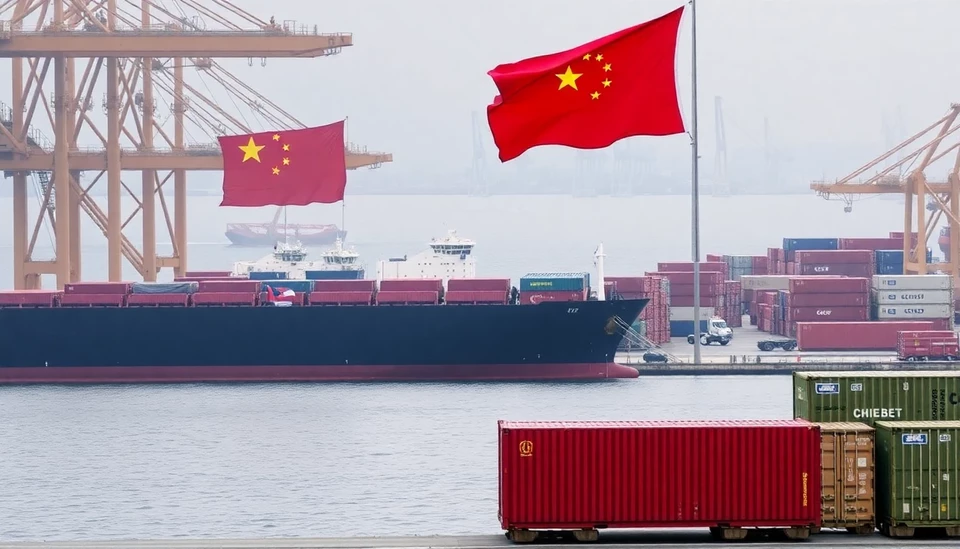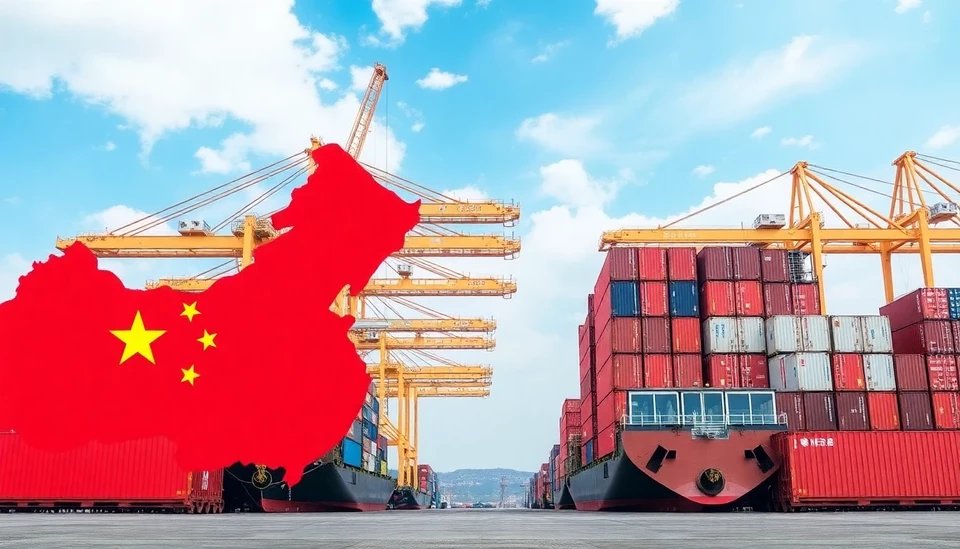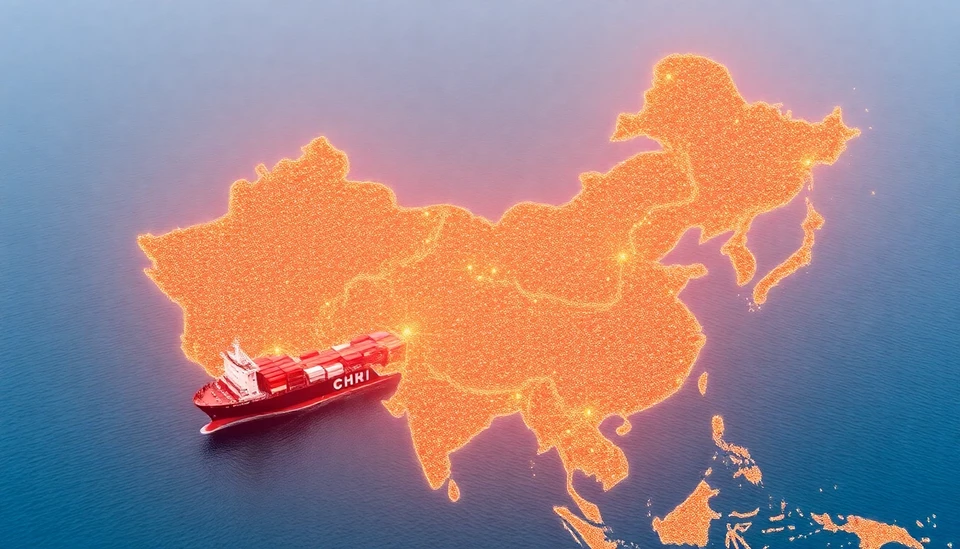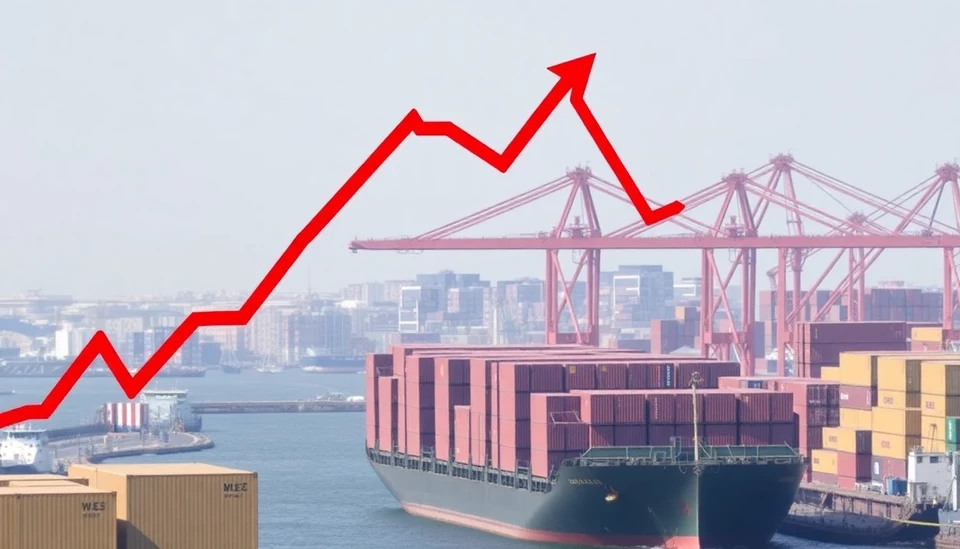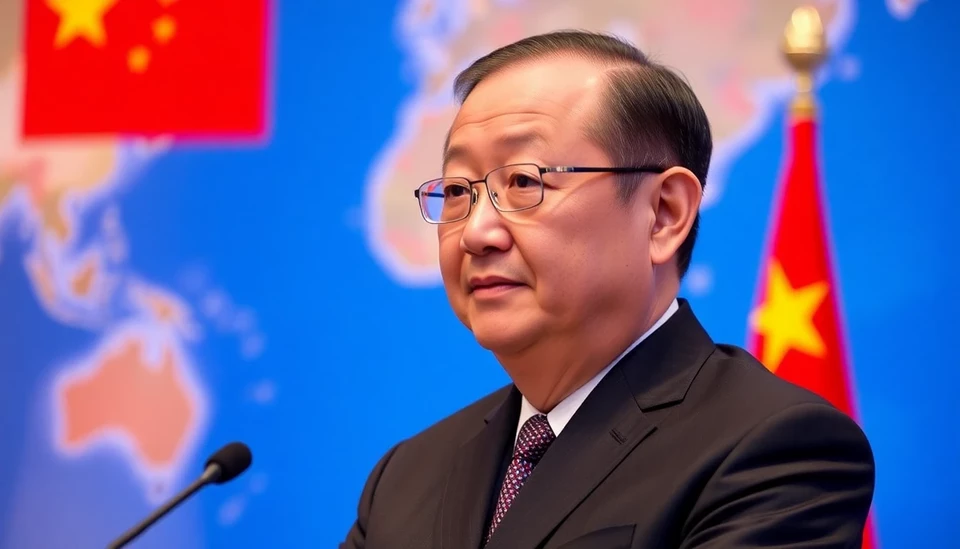
In a determined move to bolster its economy amid increasing international scrutiny, China has unveiled its commitment to assist domestic firms in expanding their export capabilities. This announcement comes at a time when the global landscape is marked by heightened tensions and a growing backlash against Chinese trade practices.
According to sources from the Ministry of Commerce, the Chinese government is preparing a series of measures aimed at enhancing support for exporters. The initiative seeks to address obstacles that businesses face in overseas markets, including stringent regulations and negative perceptions fueled by geopolitical conflicts. With the backdrop of recent sanctions and trade tariffs imposed by various countries, particularly the United States, China is looking to solidify its position in the global marketplace.
Officials indicate that part of this initiative will involve improving access to financing for companies, which has been a significant barrier for many businesses attempting to enter new markets. Additionally, the government plans to streamline export procedures and enhance diplomatic efforts to mitigate trade disputes that could hamper export activities.
This new strategy is crucial for China, as the nation relies heavily on exports to sustain its economic growth. In 2022, China’s exports accounted for nearly 20% of its GDP, making their successful navigation through international trade intricate and essential. However, the backlash against China's export dominance, primarily from Western nations citing concerns over human rights and environmental standards, poses a significant challenge. As these criticisms grow, many countries are looking to reduce their reliance on Chinese goods, creating a pressing need for China to proactively defend and promote its market presence.
Moreover, the Chinese government appears to be gearing up to counteract narratives that have painted its trade practices in a negative light. By enhancing trade relationships with a wider array of countries, including those in developing regions, China hopes to showcase the benefits of its exports and the mutual advantages of trade partnerships.
In parallel with the export support plan, China has also emphasized its commitment to sustainability in its trading practices. Initiatives to align with global environmental standards are expected to form part of the new measures, appealing to international buyers increasingly focused on sustainable sourcing. As part of these efforts, industries will be encouraged to adopt greener technologies and practices, enhancing the overall appeal of Chinese products in global markets.
Ultimately, China’s proactive approach signifies its recognition of the complex dynamics of international trade and the pressing need to maintain a competitive edge. By supporting its exporters in the face of increasing challenges, the Chinese government is not only aiming to sustain economic stability domestically but also to reaffirm its status as a significant player in the global economy.
As this plan unfolds, many observers will be closely watching how effective these measures will be in reversing the trend of trade restrictions and promoting confidence in Chinese exports. The global business community is keenly aware of the ramifications of China's export strategies, which could very well shape future market trends and international relations.
In conclusion, China's pledge to aid firms in elevating their export potential reflects a broader narrative of resilience amidst challenges, showcasing the government's strategic foresight in the shifting landscape of global trade.
#ChinaExport #GlobalTrade #EconomicGrowth #TradeRelations #Sustainability #Geopolitics #ExportSupport #InternationalTrade
Author: Laura Mitchell

